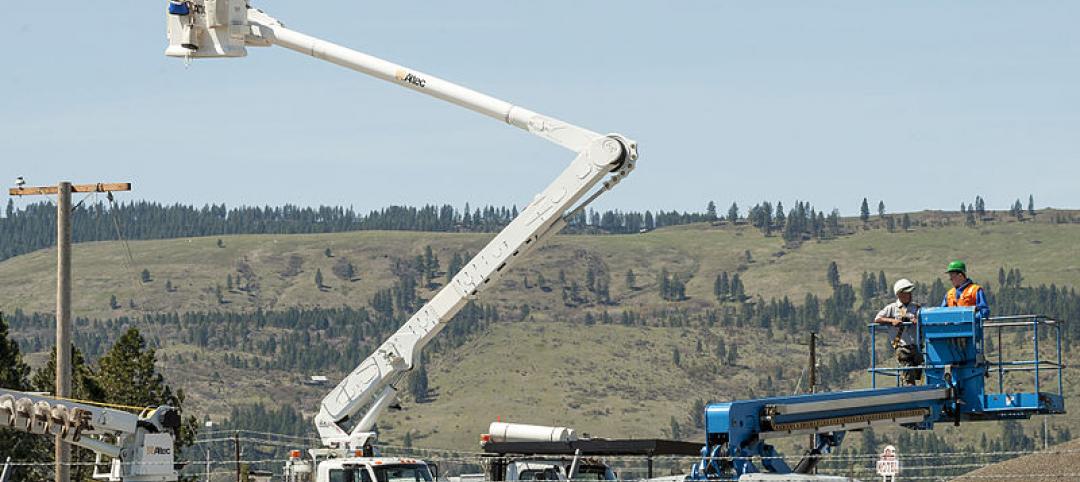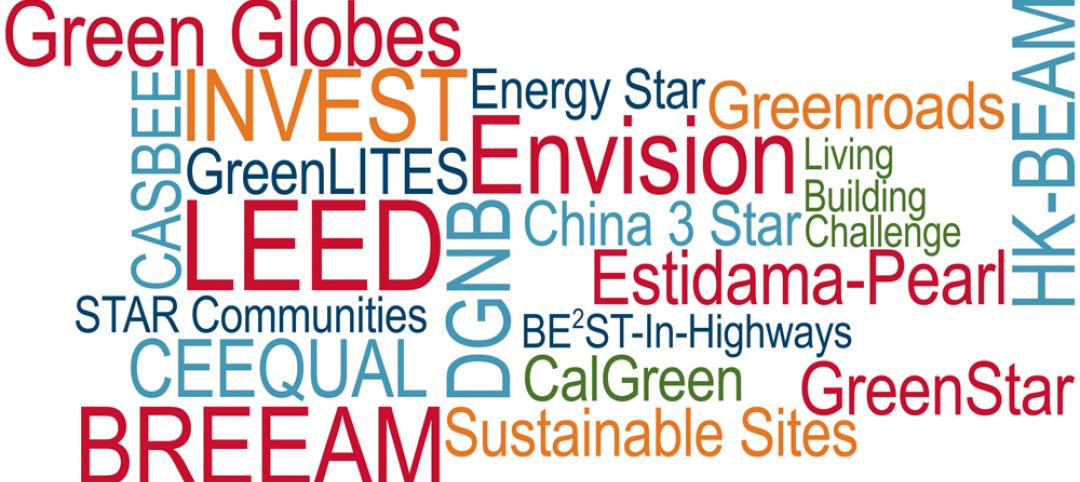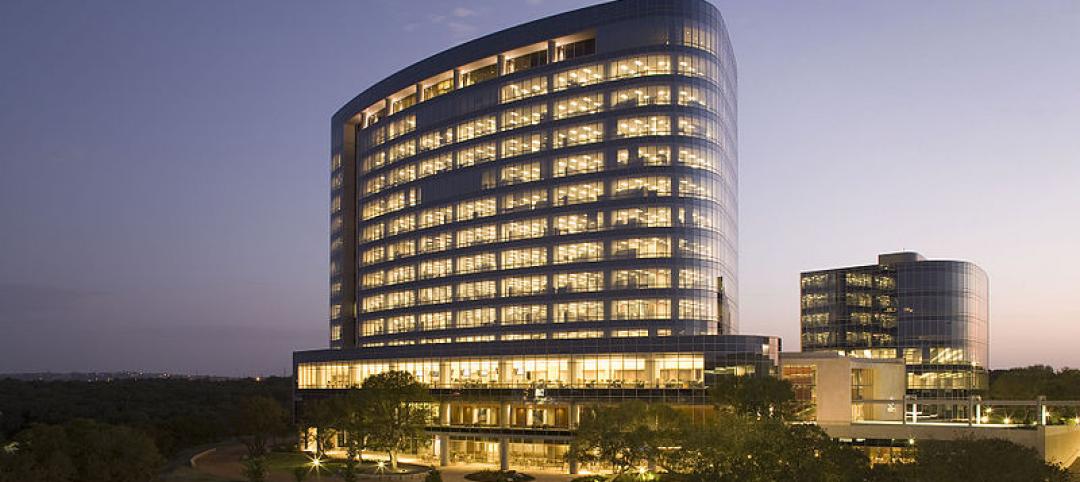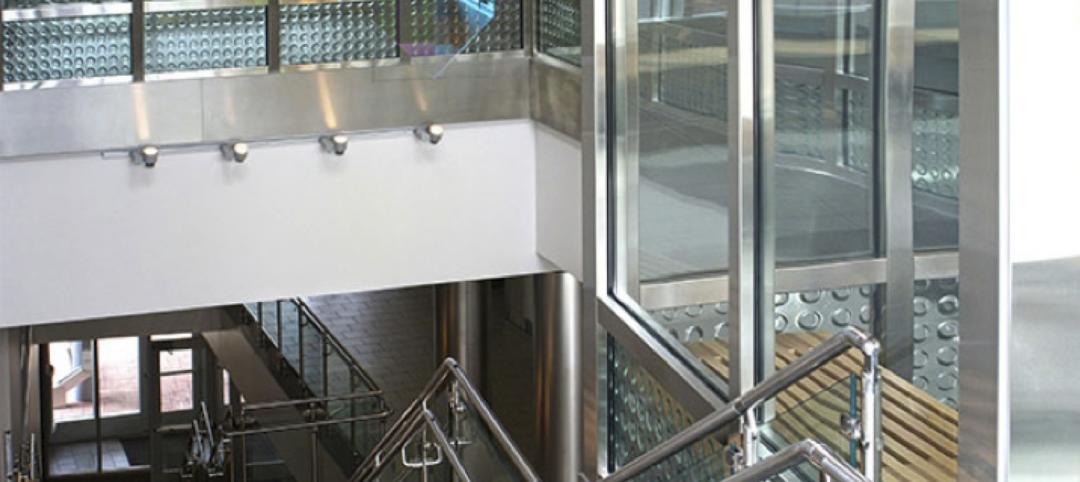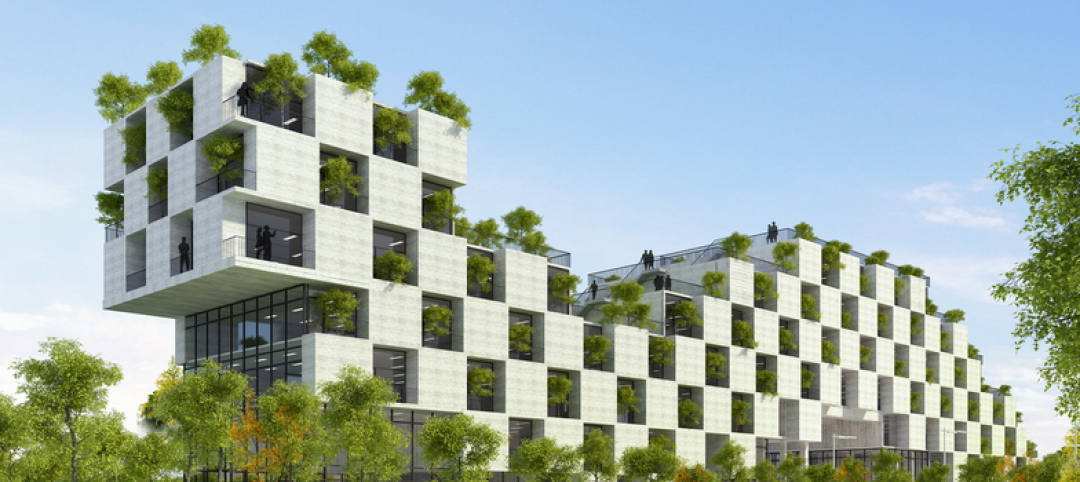The American Institute of Architects (AIA) has produced a report assessing the work of firms that are part of the AIA 2030 Commitment, a voluntary initiative to commit their practice to advancing the AIA’s goal of carbon-neutral buildings by the year 2030 that began reporting performance data in 2010.
The program has seen the number of buildings included in the report increase, but significant strides in crucial metrics used to predict building performance have been MIA. “These findings should serve as a wake-up call to architects that there needs to be greater urgency to drive improved energy efficiency across their project portfolios if we are going to reach our ultimate carbon reduction goals,” says Greg Mella, FAIA, Director of Sustainable Design at SmithGroupJJR and co-chair of the AIA 2030 Working Group, in a press release.
Highlights from the AIA 2030 Commitment: 2015 Progress Report include:
- 152 firms submitted reports – a 9% increase from 2014
- 2.6 billion gross square feet (GSF) represented in this data – a 8% increase
- 5,982 whole building projects have been accounted for in this report – a 37% increase
- 4,461 interiors only projects reported – a 16% increase
- 614 design projects are meeting the 60% energy reduction target – a 42% increase
- 38% average Predicted Energy Use Intensity reduction reported by firms – an increase of 1%
- 10% of total GSF meeting the previous 60% carbon reduction target – a decrease of 4%
- 4% of total GSF meeting the new 70% carbon reduction target
- 59% of total GSF using energy modeling to predict operational energy consumption – a 9% increase
Energy savings for the projects accounted for in the report is equivalent to about 21 million metric tons of greenhouse gas emissions. To put that into perspective, that is akin to powering 2.2 million homes for a year or running 6 coal-fired power plants.
2015 was the first year that firms used the new 2030 Design Data Exchange interactive tool that enables design teams to benchmark and target energy performance through a range of analytical aids to drive improved energy efficiency. Users of this tool are reporting that the ability to see immediate results on how their projects are performing has facilitated benchmarking and started conversations about efficiency options earlier in the design process. This has afforded them more ability to understand how the buildings will perform against baseline energy use.
For additional resources for architecture firms to develop greater high-performance building practices, click here.
Related Stories
| Oct 2, 2014
11 projects receive Affordable Green Neighborhoods grants from BoA, USGBC
Each of these neighborhood redevelopment projects are notable for their planned affordable housing, compact design, commitment to green building and sites located near transit or other existing amenities.
| Sep 29, 2014
Living Building vs. LEED Platinum: Comparing the first costs and savings
Skanska USA's Steve Clem breaks down the costs and benefits of various ultra-green building standards and practices.
| Sep 29, 2014
Report finds links between office design, health and productivity
A new report from the World Green Building Council finds “overwhelming evidence” to support office design as a significant influencer of the health, wellbeing and productivity of staff.
| Sep 16, 2014
Studies reveal growing demand for LEED-credentialed professionals across building sector
The study showed that demand for the LEED Accredited Professional and LEED Green Associate credentials grew 46 percent over a 12-month period.
| Sep 15, 2014
Sustainability rating systems: Are they doomed?
None of the hundreds of existing green building rating systems is perfect. Some of them are too documentation-heavy. Some increase short-term project cost. Some aren’t rigorous enough or include contentious issues, writes HDR's Michaella Wittmann.
| Sep 8, 2014
First Look: Foster + Partners, Fernando Romero win competition for Mexico City's newest international airport
Designed to be the world’s most sustainable airport, the plan uses a single, compact terminal scheme in lieu of a cluster of buildings, offering shorter walking distances and fewer level changes, and eliminating the need for trains and tunnels.
| Sep 7, 2014
USGBC + American Chemistry Council: Unlikely partners in green building
In this new partnership, LEED will benefit from the materials expertise of ACC and its member companies. We believe this has the potential to be transformational, writes Skanska USA's President and CEO Michael McNally.
| Sep 3, 2014
New designation launched to streamline LEED review process
The LEED Proven Provider designation is designed to minimize the need for additional work during the project review process.
| Aug 25, 2014
Glazing plays key role in reinventing stairway design
Within the architectural community, a movement called "active design" seeks to convert barren and unappealing stairwells originally conceived as emergency contingencies into well-designed architectural focal points. SPONSORED CONTENT
| Aug 12, 2014
Vietnam's 'dragonfly in the sky' will be covered in trees, vegetation
Designed by Vietnamese design firm Vo Trong Nghia Architects, the building will be made up of stacked concrete blocks placed slightly askew to create a soft, organic form that the architects say is reminiscent of a dragonfly in the sky.



